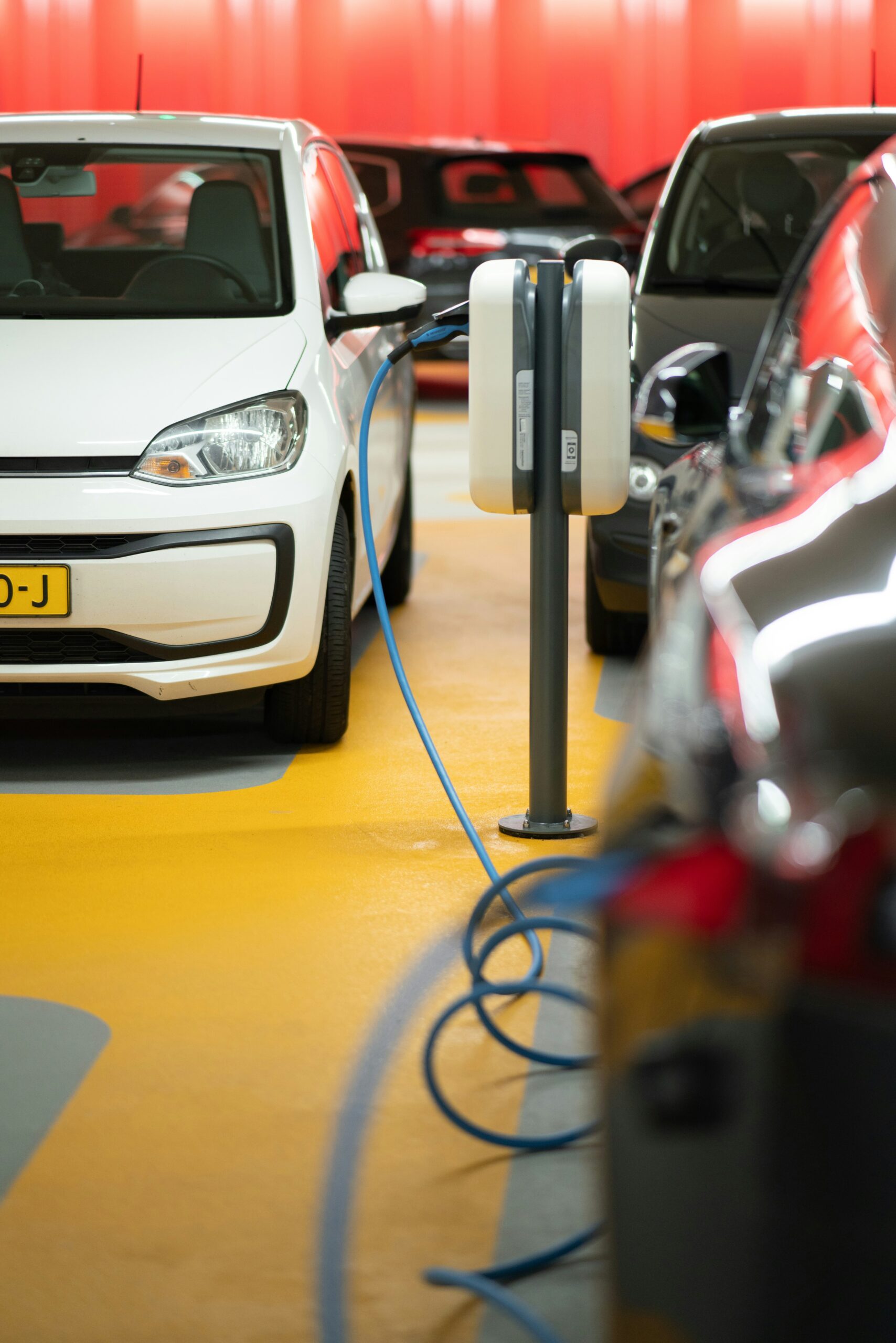

The Rise of Hybrid Vehicles in Pakistan’s Automotive Market
One of the main reasons behind the adoption of hybrid vehicles in Pakistan’s automotive market is the increasing concern for the environment. As the country faces severe air pollution and climate change issues, there is a growing need to reduce carbon emissions and promote cleaner transportation options. Hybrid vehicles, with their combination of an internal combustion engine and an electric motor, offer a more sustainable alternative to traditional petrol or diesel-powered cars.
Another factor driving the popularity of hybrid vehicles in Pakistan is the rising fuel prices. With the continuous increase in petrol and diesel prices, consumers are looking for more fuel-efficient options to save money on their daily commute. Hybrid vehicles are known for their superior fuel efficiency, as they can switch between the electric motor and the internal combustion engine depending on the driving conditions. This allows drivers to save on fuel costs and reduce their overall carbon footprint.
In addition to environmental and economic benefits, hybrid vehicles also offer a range of technological advancements and features that appeal to consumers. Many hybrid models come equipped with regenerative braking systems, which convert kinetic energy into electric energy to charge the battery. This not only improves the overall efficiency of the vehicle but also extends the battery life. Furthermore, hybrid vehicles often come with advanced infotainment systems, safety features, and luxurious interiors, making them an attractive choice for consumers looking for a modern and comfortable driving experience.
Moreover, the government of Pakistan has also played a significant role in promoting the adoption of hybrid vehicles. In recent years, the government has introduced various incentives and tax benefits for hybrid vehicle owners, making them more affordable and accessible. These incentives include reduced customs duties, lower annual taxes, and exemptions from certain road taxes. This proactive approach by the government has encouraged consumers to consider hybrid vehicles as a viable option, further driving their demand in the automotive market.
Overall, the rise of hybrid vehicles in Pakistan’s automotive market can be attributed to a combination of environmental consciousness, fuel efficiency, technological advancements, and government support. As more and more consumers become aware of the benefits of hybrid vehicles, it is likely that their demand will continue to grow in the coming years. This shift towards sustainable transportation options not only benefits the environment but also contributes to a cleaner and healthier future for Pakistan.
Furthermore, the increasing environmental concerns in Pakistan have also highlighted the urgent need to address water pollution and scarcity. With the rapid industrialization and urbanization, the country’s water bodies have become heavily polluted, posing a threat to both human health and aquatic life. This has resulted in a significant decline in water quality and availability.
To combat this issue, there is a growing emphasis on implementing water treatment and conservation measures. The use of advanced water treatment technologies, such as reverse osmosis and ultraviolet disinfection, has become essential to ensure access to clean and safe drinking water. Additionally, the promotion of water conservation practices, such as rainwater harvesting and efficient irrigation techniques, is crucial for sustainable water management.
Moreover, deforestation and habitat destruction have emerged as major environmental concerns in Pakistan. The clearing of forests for agricultural expansion, urban development, and logging activities has led to the loss of biodiversity and disrupted ecological balance. This has resulted in increased soil erosion, reduced water retention capacity, and decreased carbon sequestration.
To address these issues, there is a need for robust forest conservation and reforestation initiatives. The government and non-governmental organizations are working together to protect existing forests, establish new forest reserves, and promote sustainable forestry practices. These efforts aim to restore ecosystems, conserve biodiversity, and mitigate the impacts of climate change.
Furthermore, the energy sector in Pakistan is also a significant contributor to environmental degradation. The heavy reliance on fossil fuels, particularly coal, for electricity generation has led to high levels of greenhouse gas emissions and air pollution. This has detrimental effects on both human health and the environment.
To transition towards a more sustainable and cleaner energy future, there is a growing focus on renewable energy sources, such as solar and wind power. The government has introduced policies and incentives to promote the development of renewable energy projects, aiming to reduce the country’s dependence on fossil fuels and mitigate climate change impacts.
In conclusion, the increasing environmental concerns in Pakistan have highlighted the urgent need for sustainable practices and policies. From addressing air and water pollution to conserving forests and transitioning to renewable energy, the country is taking steps towards a greener and more environmentally conscious future. However, it requires collective efforts from the government, private sector, and the general public to ensure the successful implementation of these initiatives and safeguard the environment for future generations.
Government Incentives and Policies
The Pakistani government has also played a crucial role in promoting the adoption of hybrid vehicles. In recent years, various policies and incentives have been introduced to encourage consumers to switch to hybrid vehicles. These include tax exemptions, reduced import duties, and subsidies on hybrid vehicle purchases.
These government initiatives have made hybrid vehicles more affordable and accessible to the general public. As a result, more people are now considering hybrid vehicles as a viable option for their transportation needs.
One of the key government incentives is the tax exemption on hybrid vehicles. By exempting hybrid vehicles from certain taxes, the government has significantly reduced the overall cost of owning a hybrid vehicle. This has made them a more attractive option for consumers who are looking to save money on their transportation expenses.
In addition to tax exemptions, the government has also reduced import duties on hybrid vehicles. This has resulted in a decrease in the price of hybrid vehicles, making them more affordable for the average consumer. The reduced import duties have also encouraged foreign manufacturers to enter the Pakistani market, increasing the variety of hybrid vehicles available to consumers.
Furthermore, the government has introduced subsidies on hybrid vehicle purchases. These subsidies provide financial assistance to consumers who choose to buy hybrid vehicles. The subsidies can be in the form of direct cash incentives or reduced interest rates on loans taken to purchase hybrid vehicles. This further reduces the financial burden on consumers and makes hybrid vehicles a more attractive option.
In addition to these incentives, the government has also taken steps to improve the infrastructure for hybrid vehicles. This includes the installation of charging stations in major cities, making it easier for hybrid vehicle owners to charge their vehicles. The government has also implemented policies to promote the use of renewable energy sources for charging hybrid vehicles, further reducing their environmental impact.
Overall, the government’s initiatives and policies have had a significant impact on the adoption of hybrid vehicles in Pakistan. By making them more affordable and accessible, the government has encouraged more people to consider hybrid vehicles as a sustainable and cost-effective transportation option. These incentives and policies have not only benefited consumers but also contributed to reducing the country’s carbon footprint and promoting a greener and cleaner environment.
Moreover, the improved fuel efficiency of hybrid vehicles has a positive impact on the environment. By consuming less fuel, hybrid vehicles emit fewer greenhouse gases and pollutants into the atmosphere. This reduction in emissions helps to mitigate climate change and improve air quality, leading to a healthier and more sustainable environment for everyone.
In addition to their fuel efficiency, hybrid vehicles also have regenerative braking systems. This means that when the driver applies the brakes, the electric motor in the hybrid vehicle acts as a generator, converting the kinetic energy of the moving vehicle into electrical energy. This energy is then stored in the vehicle’s battery for later use. This regenerative braking system not only helps to recharge the battery but also reduces wear and tear on the traditional braking system, resulting in longer brake life and lower maintenance costs for the vehicle owner.
Furthermore, hybrid vehicles often come equipped with advanced technologies that further enhance their fuel efficiency. These technologies include start-stop systems, which automatically shut off the engine when the vehicle comes to a stop and restart it when the driver releases the brake pedal. This feature helps to reduce idling time and fuel consumption, particularly in heavy traffic or at traffic lights.
Another technology commonly found in hybrid vehicles is the ability to operate in electric-only mode for short distances at low speeds. This allows the vehicle to run solely on electric power, emitting zero tailpipe emissions and further reducing fuel consumption. This feature is particularly useful in urban areas with strict emissions regulations or in situations where noise pollution needs to be minimized, such as residential neighborhoods or hospital zones.
In conclusion, the improved fuel efficiency of hybrid vehicles offers numerous benefits. It not only helps consumers save money on fuel expenses but also reduces the country’s dependence on imported oil. Additionally, hybrid vehicles contribute to a cleaner and healthier environment by emitting fewer greenhouse gases and pollutants. With the added advantages of regenerative braking systems and advanced technologies, hybrid vehicles are an excellent choice for individuals looking to reduce their carbon footprint and make a positive impact on the planet.
Furthermore, hybrid vehicles also offer long-term cost savings in terms of insurance premiums. Many insurance companies recognize the environmentally friendly nature of hybrid vehicles and offer discounted rates to owners. This can result in substantial savings over the life of the vehicle.
Another factor contributing to the long-term cost savings of hybrid vehicles is the potential for tax incentives and rebates. In many countries, governments offer tax credits or rebates to individuals who purchase hybrid vehicles as a way to promote the use of environmentally friendly transportation. These incentives can help offset the higher upfront cost of the vehicle and provide additional savings.
Moreover, as technology continues to advance, the cost of hybrid vehicles is expected to decrease. As more manufacturers enter the market and competition increases, prices are likely to become more affordable. This means that future buyers can expect even greater long-term cost savings when purchasing a hybrid vehicle.
Additionally, the resale value of hybrid vehicles tends to be higher compared to conventional vehicles. This is due to the growing demand for eco-friendly transportation options and the perception that hybrid vehicles are more fuel-efficient and environmentally friendly. As a result, owners of hybrid vehicles can expect to recoup a larger portion of their initial investment when selling or trading in their vehicle.
In conclusion, while hybrid vehicles may have a higher upfront cost, the long-term cost savings they offer make them a financially wise choice. From reduced fuel expenses and lower maintenance costs to insurance discounts and potential tax incentives, hybrid vehicles provide significant financial benefits over the life of the vehicle. As technology continues to advance and prices become more affordable, the long-term cost savings of hybrid vehicles are only expected to increase.
In addition to the technological advancements in hybrid vehicle technology, there have been significant developments in other areas that have further propelled the adoption of hybrid vehicles in Pakistan’s automotive market.
One notable advancement is the integration of smart features in hybrid vehicles. Manufacturers have incorporated advanced connectivity options, such as smartphone integration, voice command systems, and real-time navigation, into their hybrid models. These features not only enhance the overall driving experience but also provide convenience and ease of use for the drivers.
Moreover, the advancements in battery technology have played a crucial role in the increasing popularity of hybrid vehicles. The latest hybrid models are equipped with more efficient and durable batteries, which offer a longer electric-only driving range. This means that drivers can rely on the electric motor for a larger portion of their daily commute, resulting in reduced fuel consumption and lower emissions.
Another significant technological advancement in hybrid vehicles is the development of regenerative braking systems. This innovative feature allows the vehicle to convert kinetic energy into electrical energy while slowing down or braking. The captured energy is then stored in the battery and can be used later to power the electric motor. This not only improves the overall efficiency of the vehicle but also extends the electric-only driving range.
Furthermore, advancements in manufacturing processes have led to the production of lighter and more aerodynamic hybrid vehicles. Lightweight materials, such as carbon fiber and aluminum, are now being used in the construction of hybrid vehicle bodies, resulting in improved fuel efficiency and better handling. Additionally, the sleek and aerodynamic designs of hybrid vehicles not only enhance their visual appeal but also contribute to reduced wind resistance, further optimizing their performance.
Overall, the continuous advancements in hybrid vehicle technology, coupled with the integration of smart features, improved battery technology, regenerative braking systems, and advancements in manufacturing processes, have made hybrid vehicles a compelling choice for consumers in Pakistan’s automotive market. As these advancements continue to evolve, we can expect hybrid vehicles to become even more efficient, eco-friendly, and technologically advanced in the future.
Add a comment Cancel reply
Categories
- automobile (1)
- Automotive (31)
- Automotive Industry (2)
- Automotive Safety (1)
- Car Brands (1)
- Car Buying (1)
- Car Reviews (1)
- Clean Energy (1)
- Marketing (1)
- Motorcycles (1)
- Trade Agreements (1)
- Transportation (2)
- Travel (2)
Recent Posts
About us

Popular Tags
Related posts

Understanding Custom Duties and Taxes Affecting Car and Bike Prices in Pakistan









